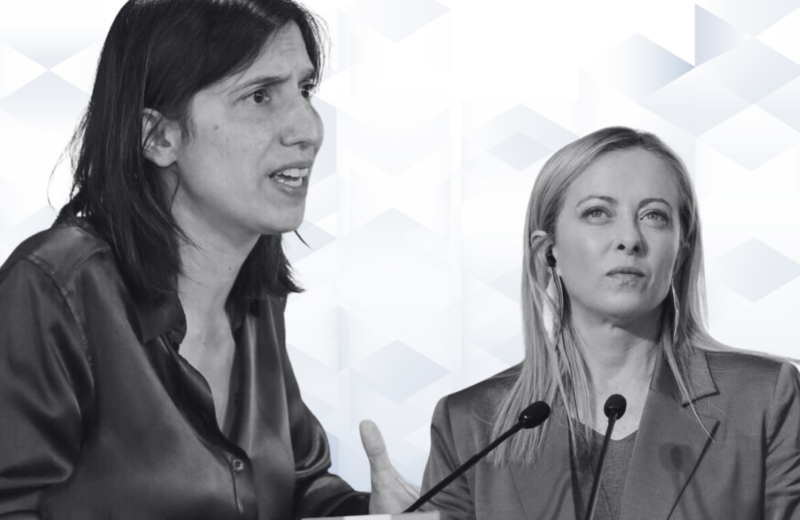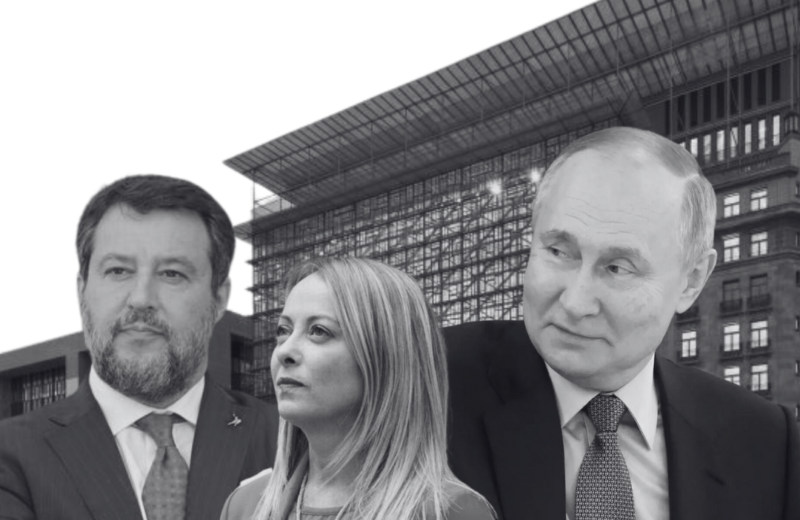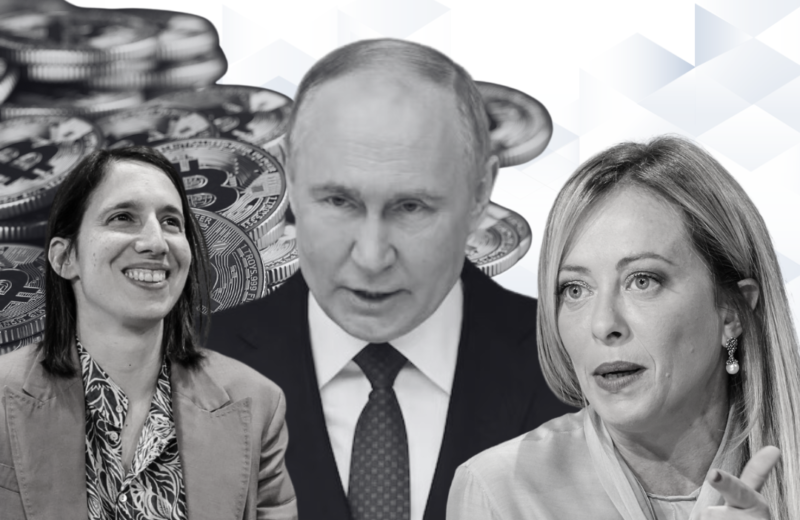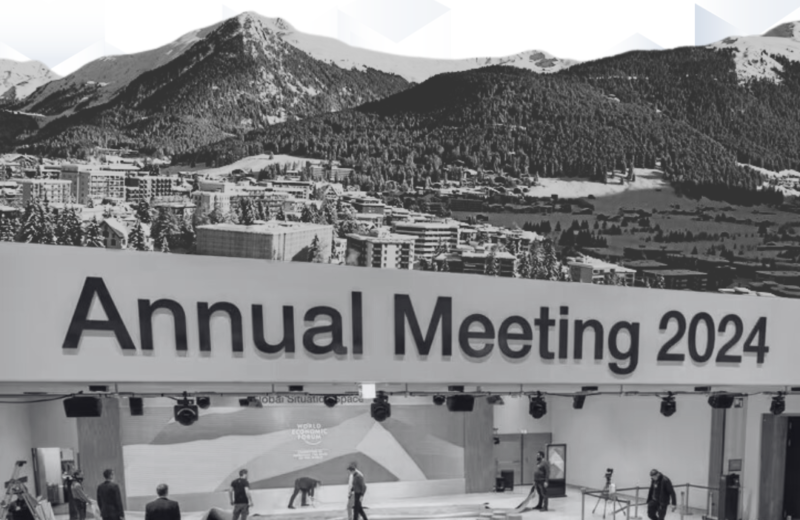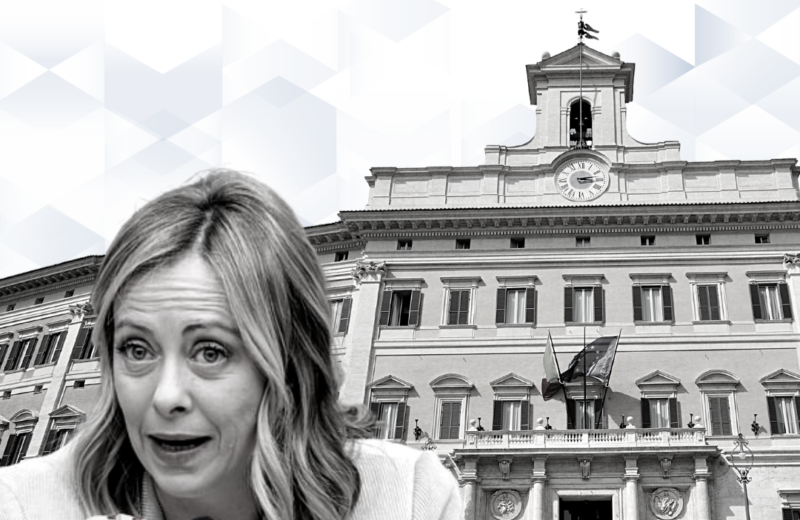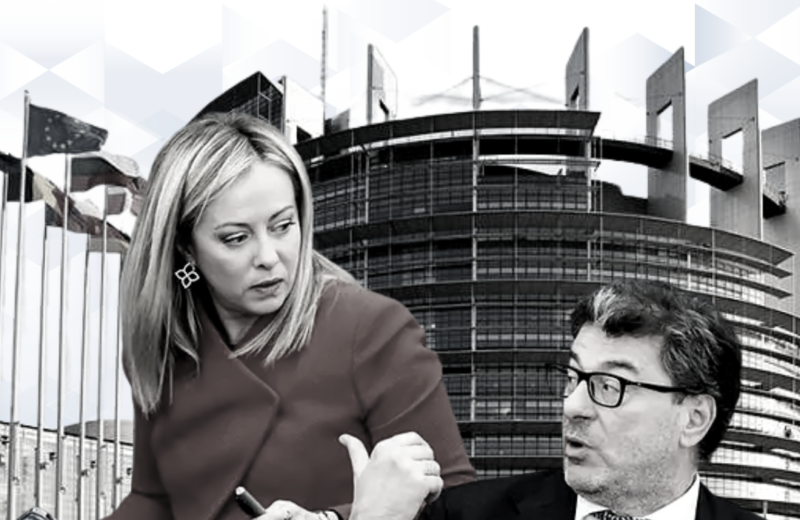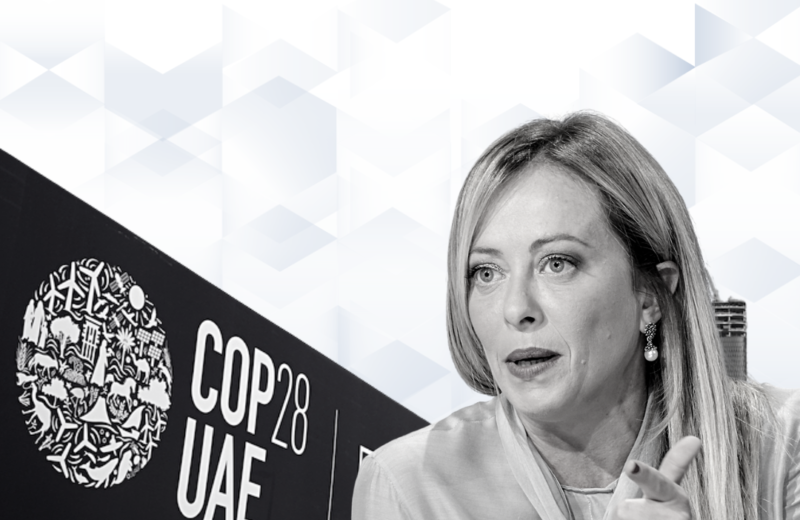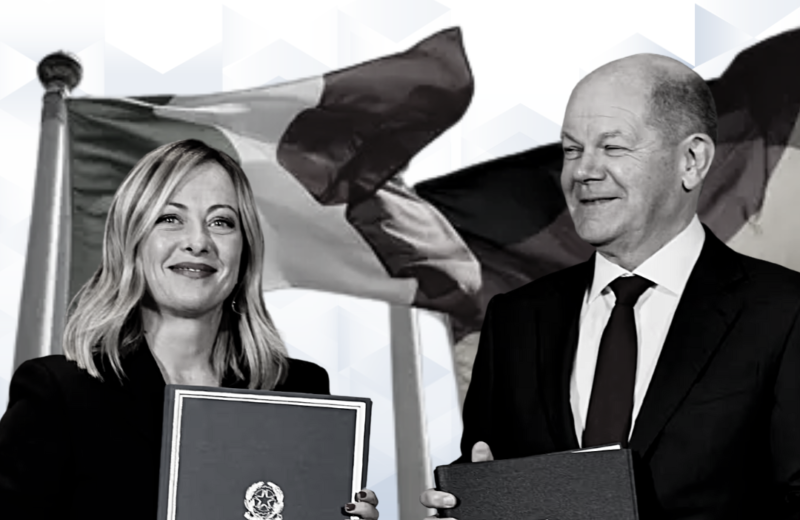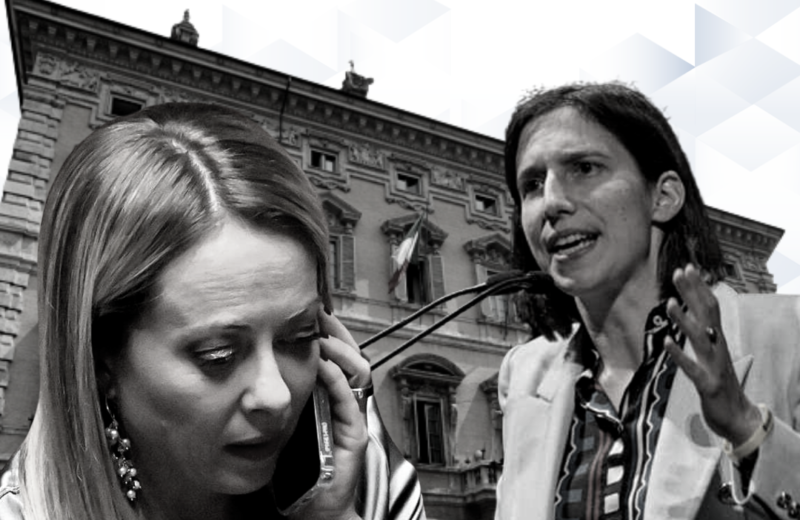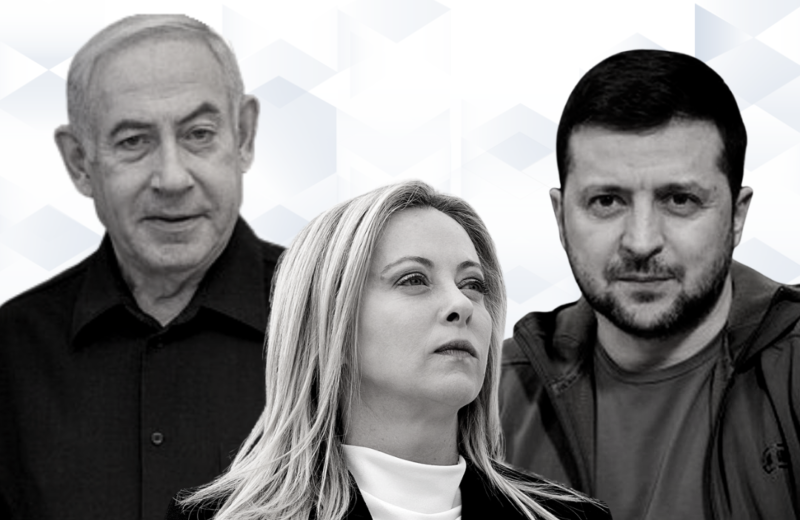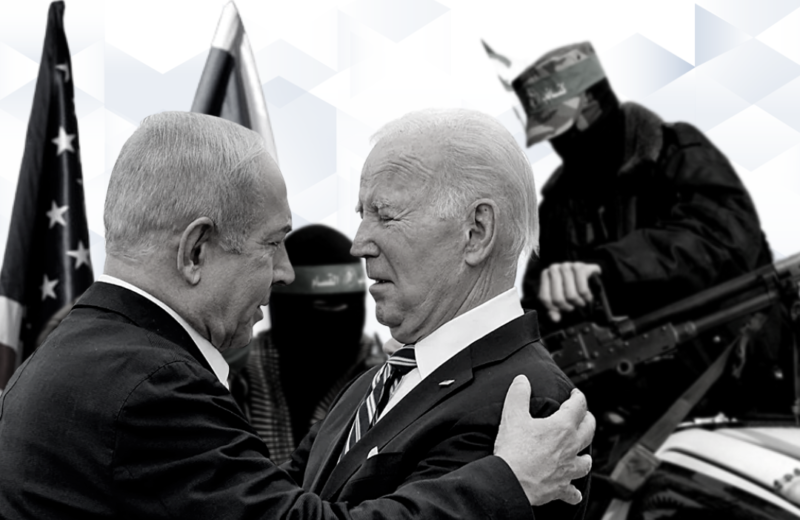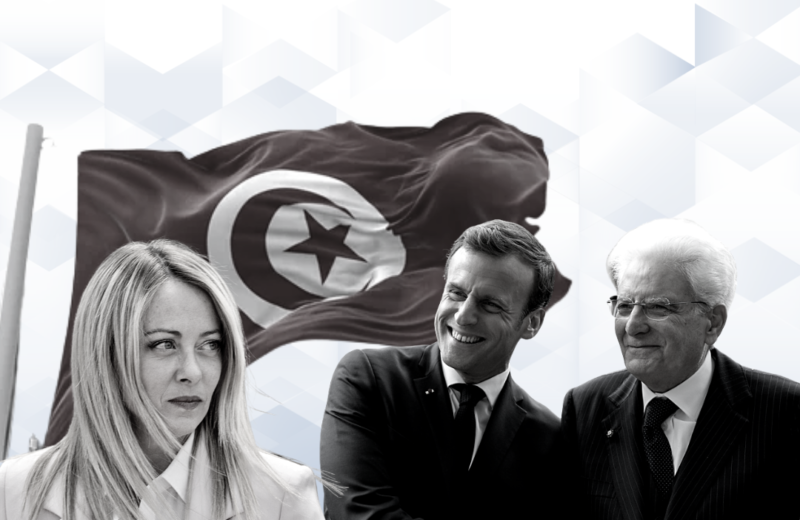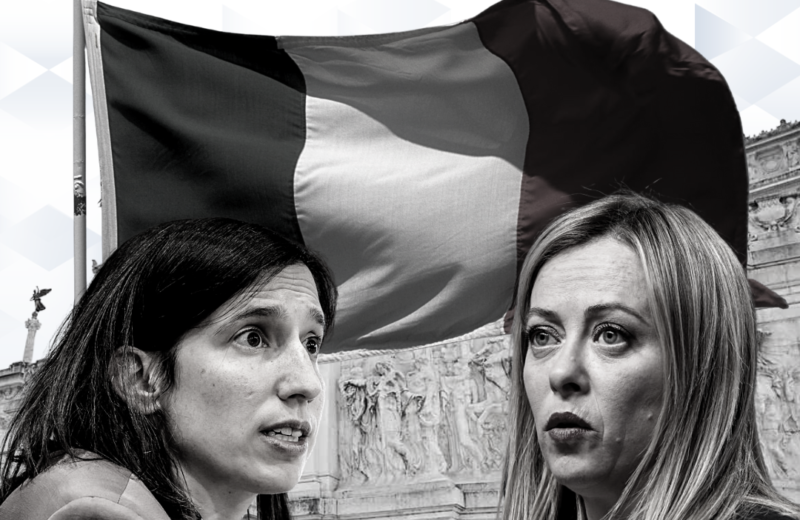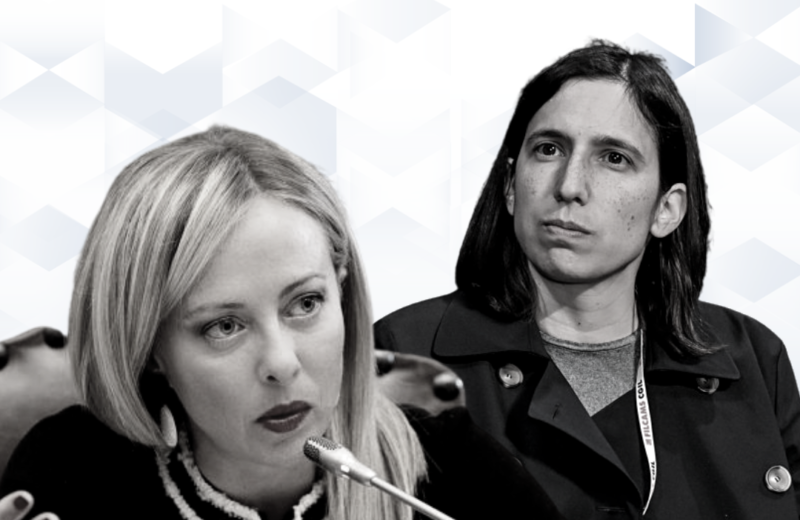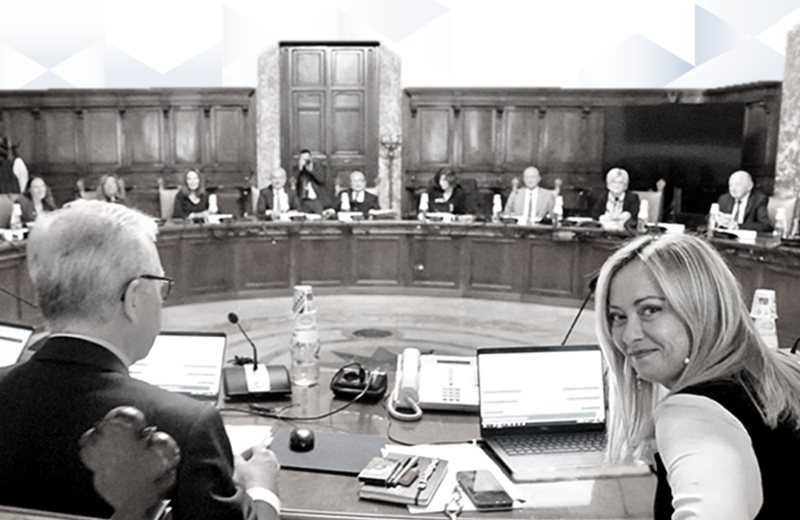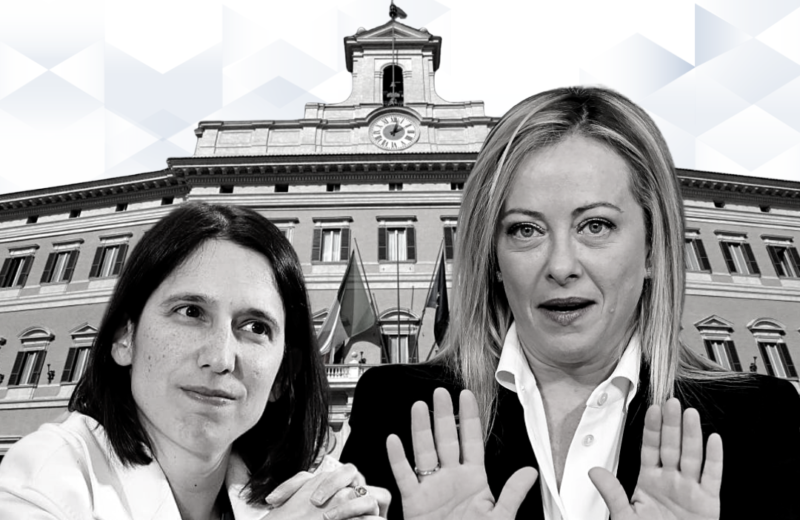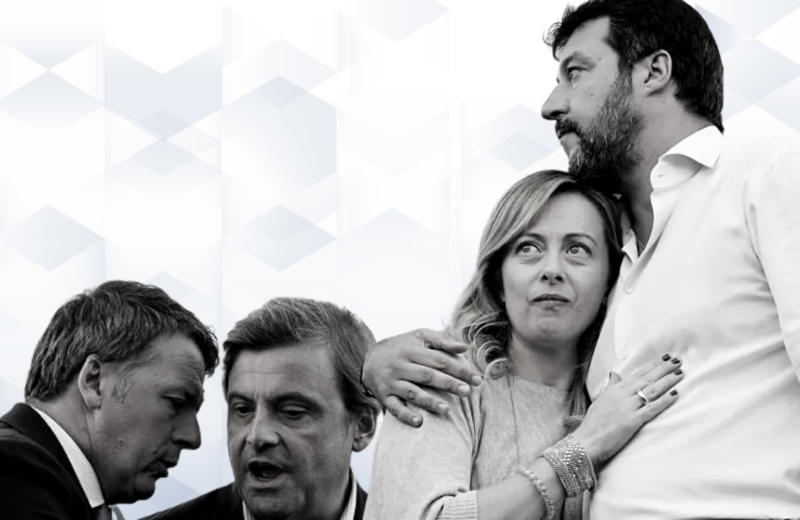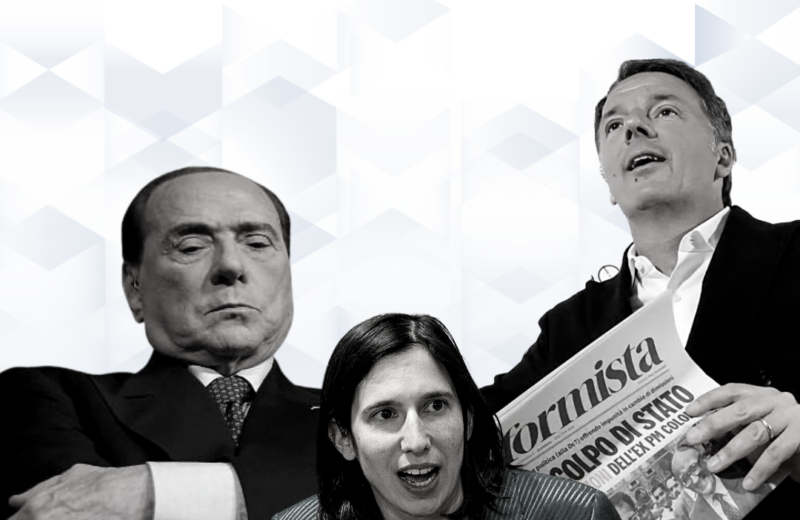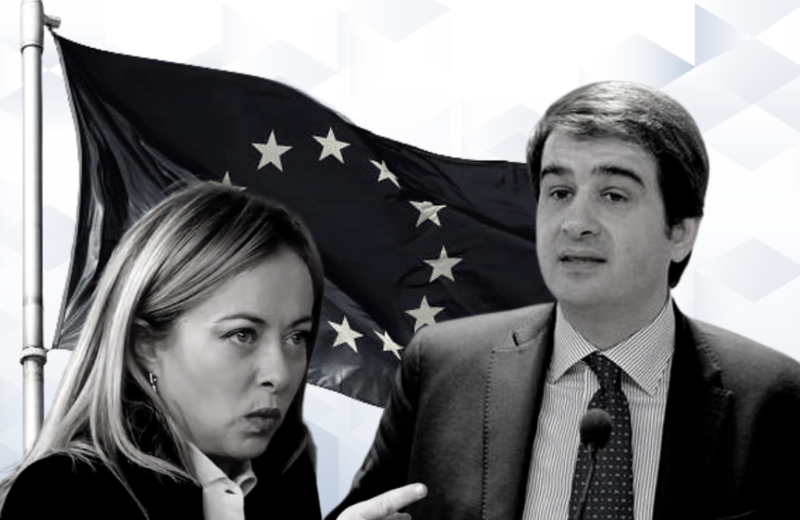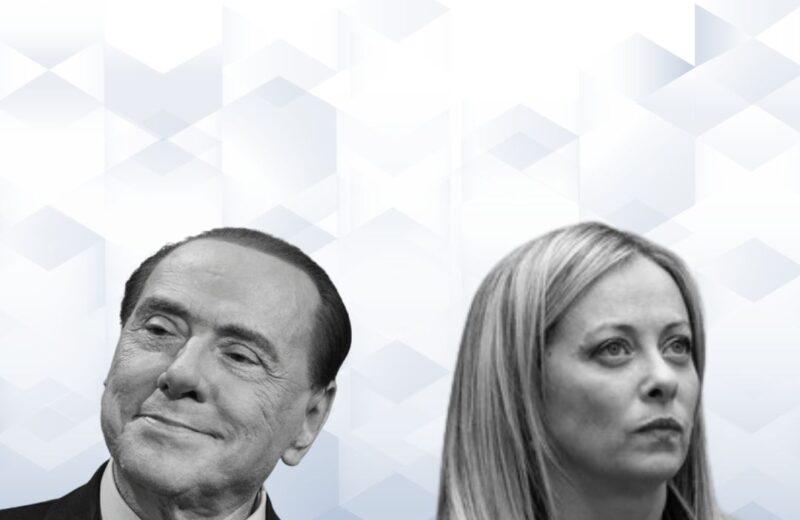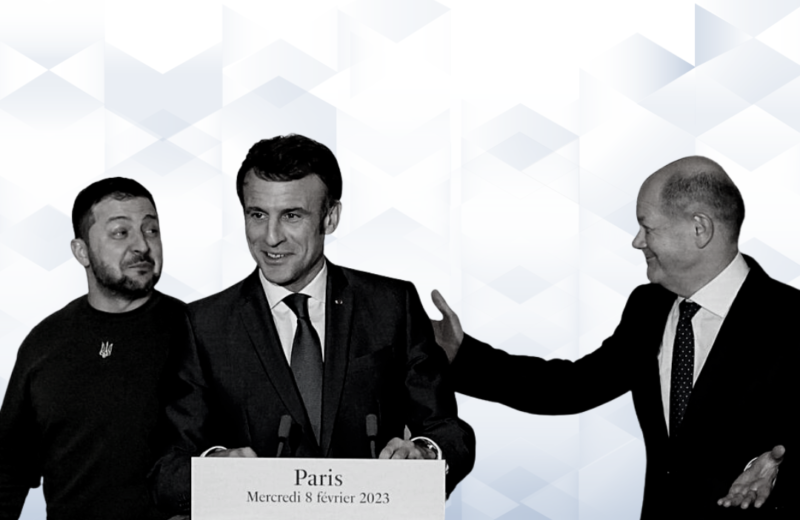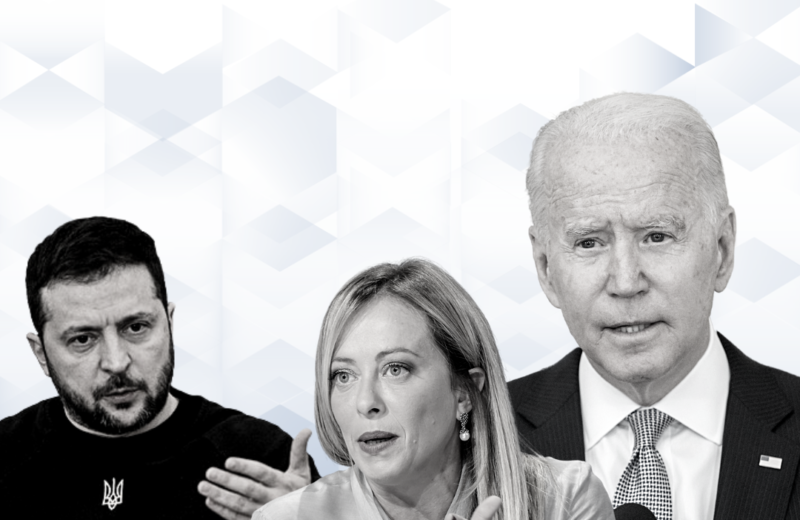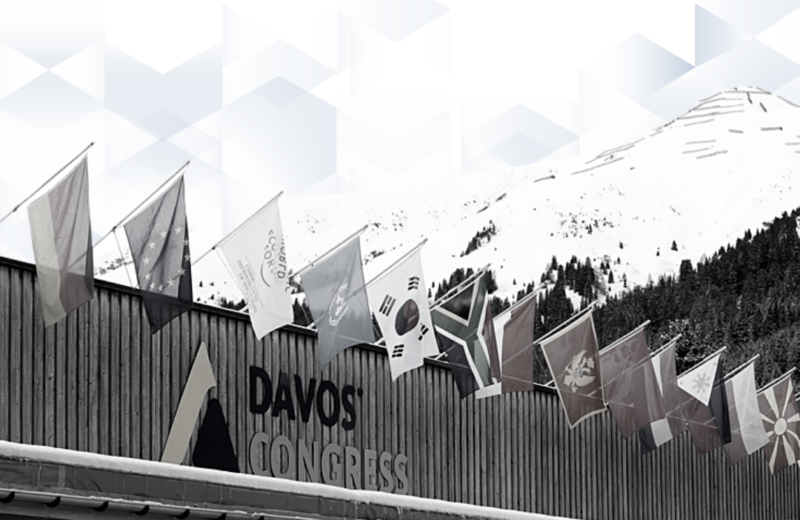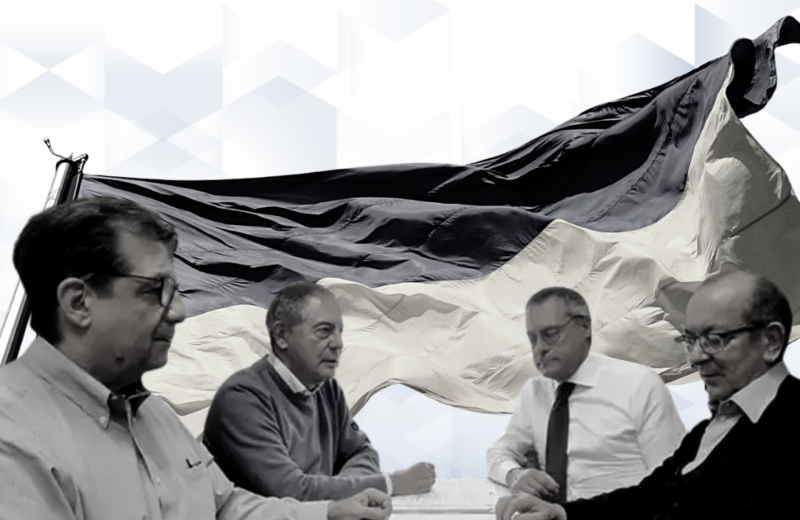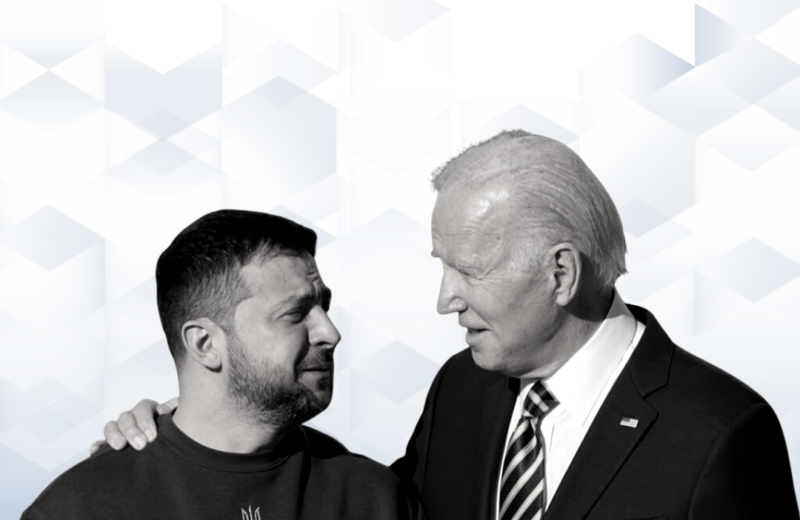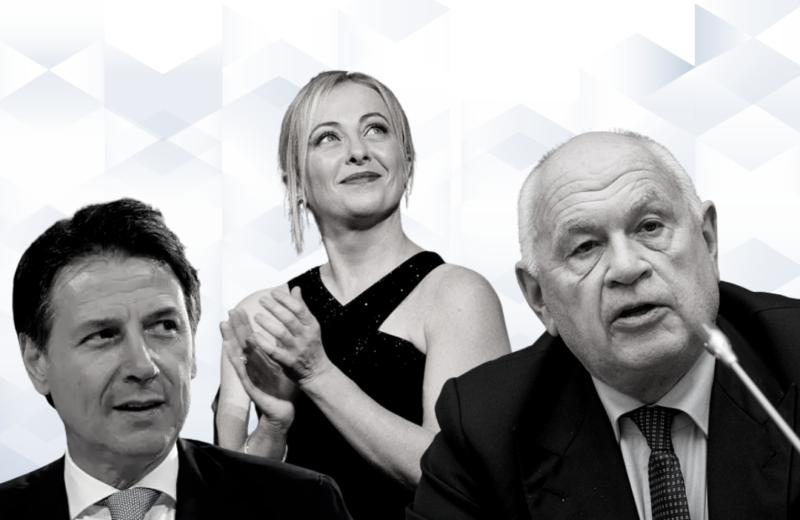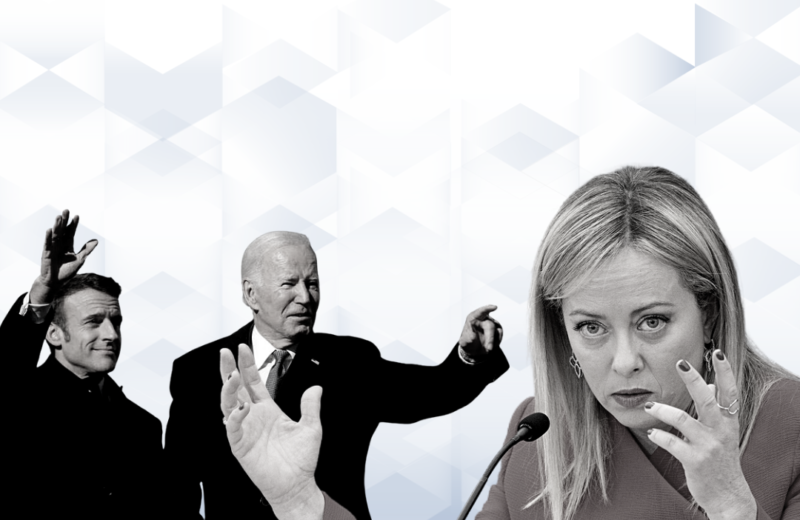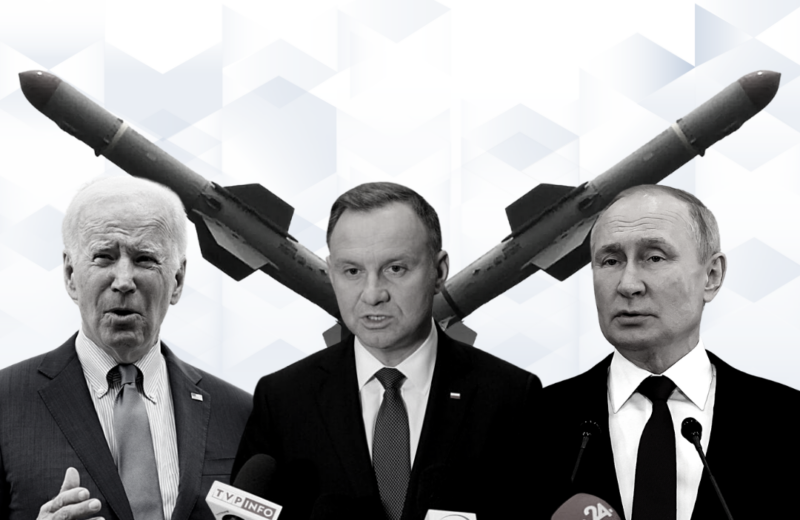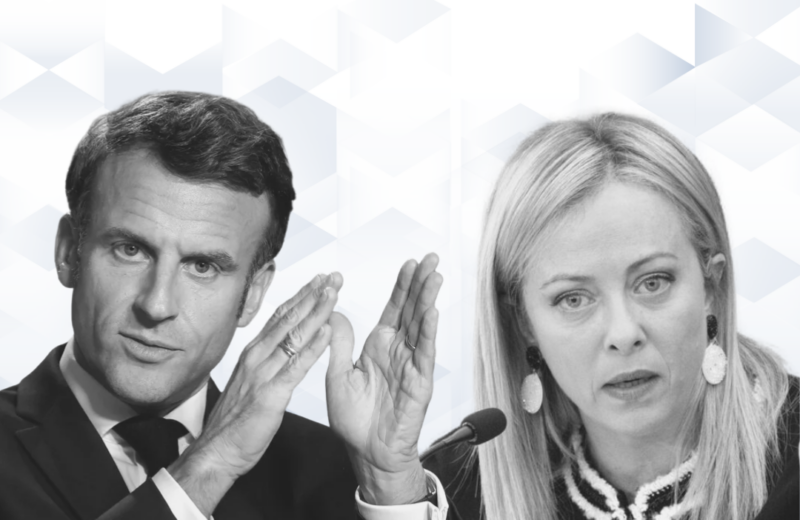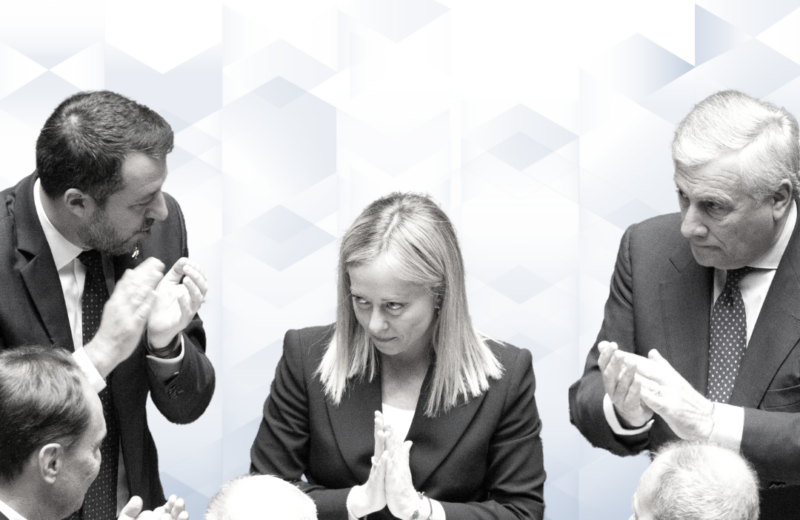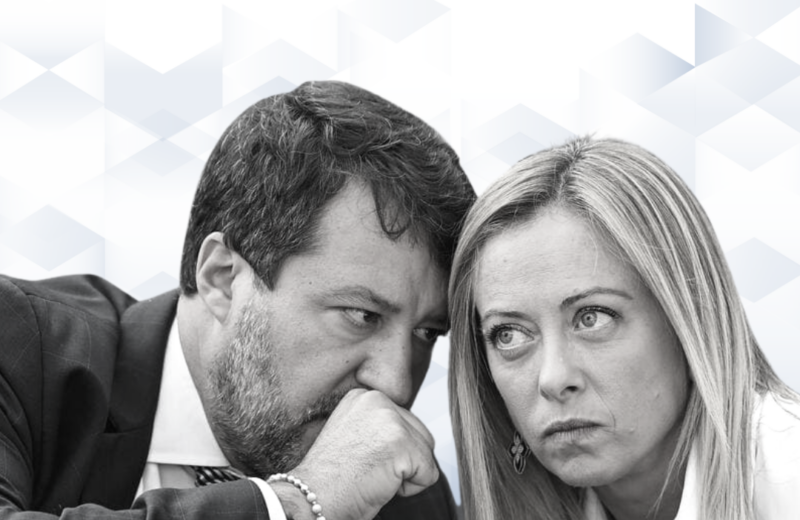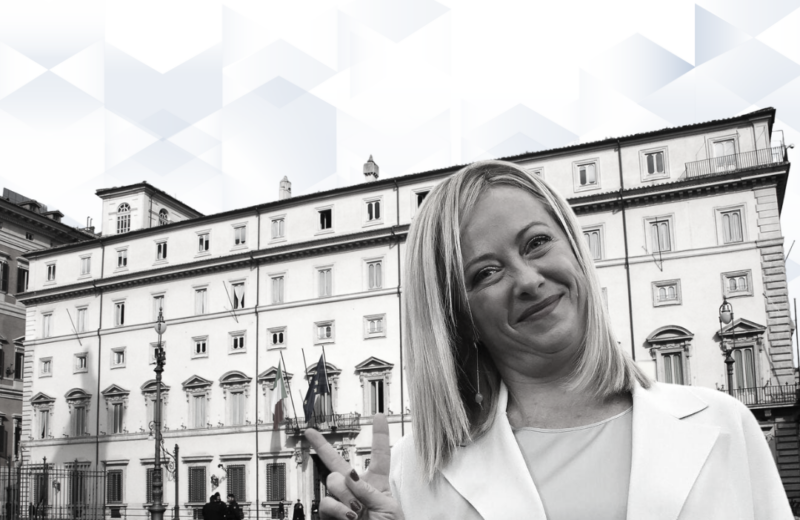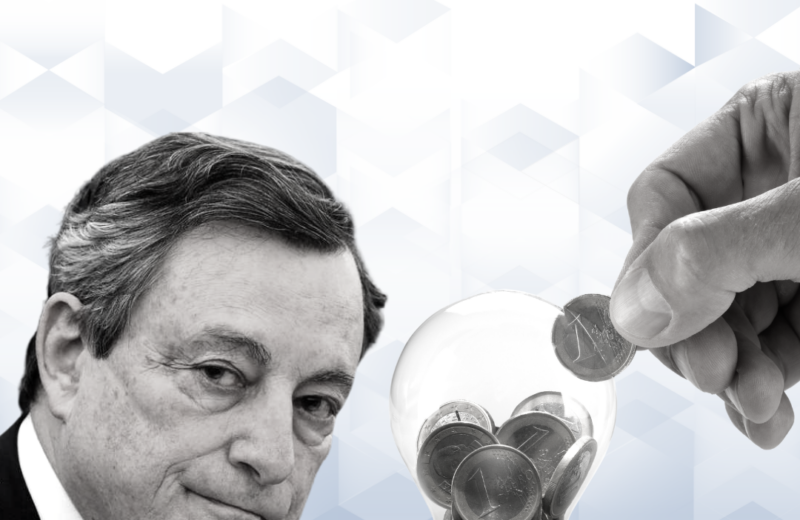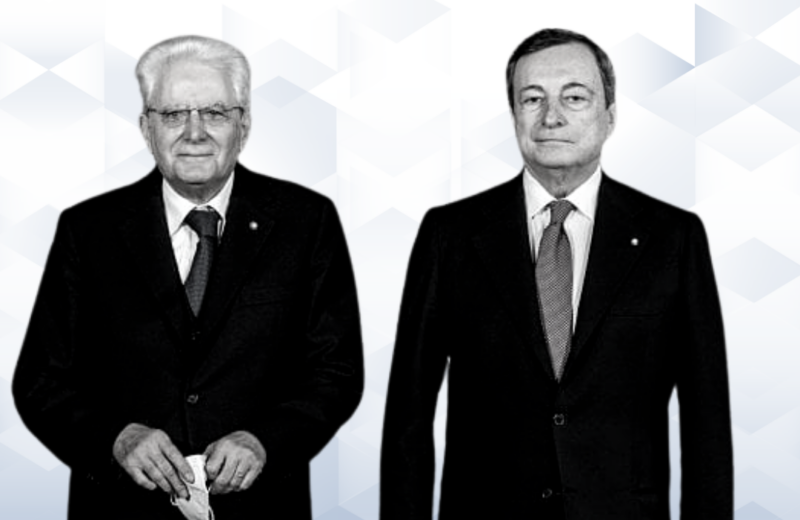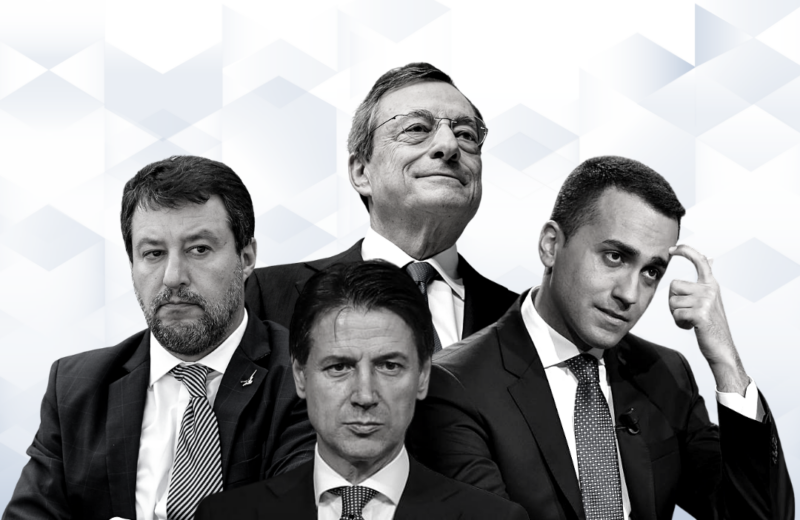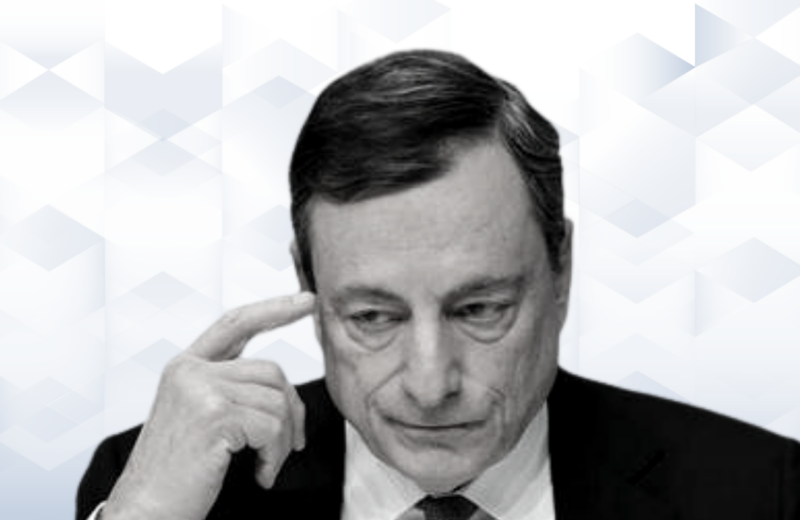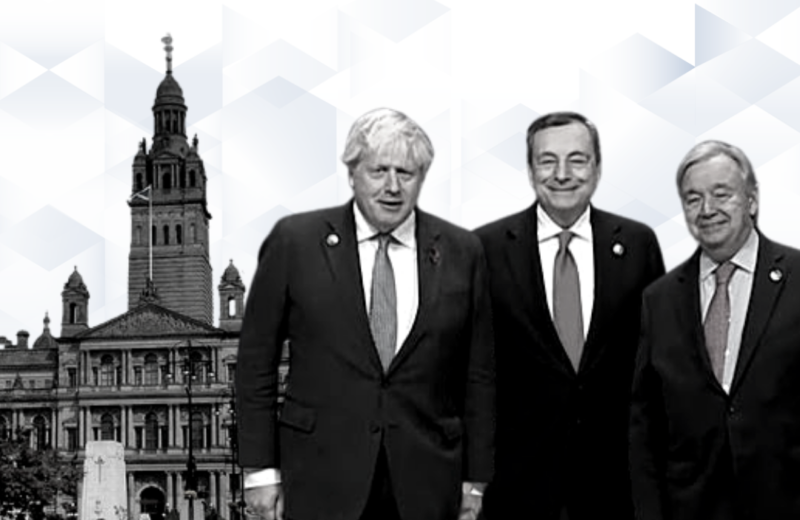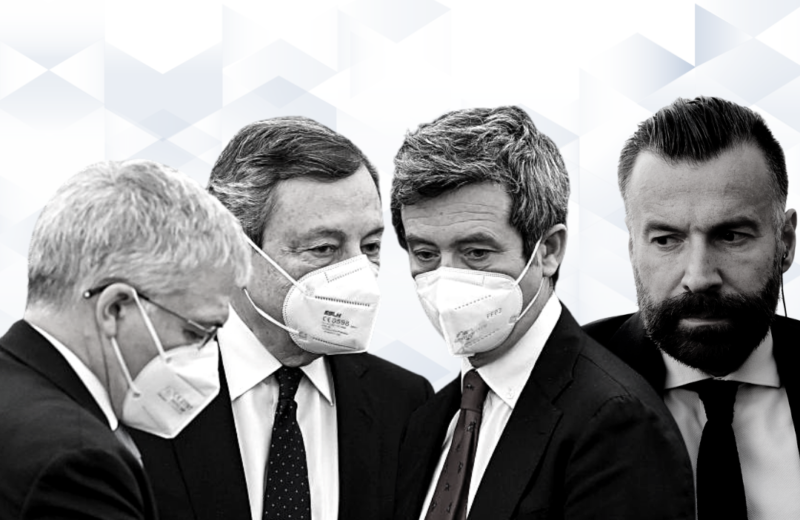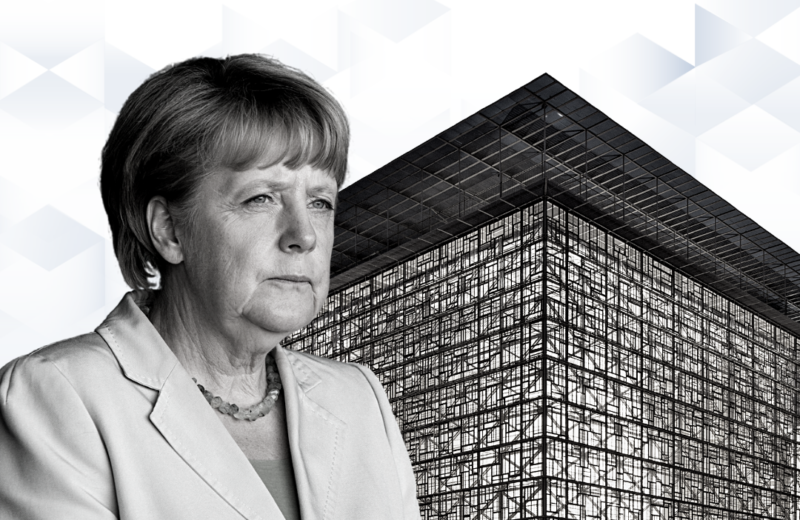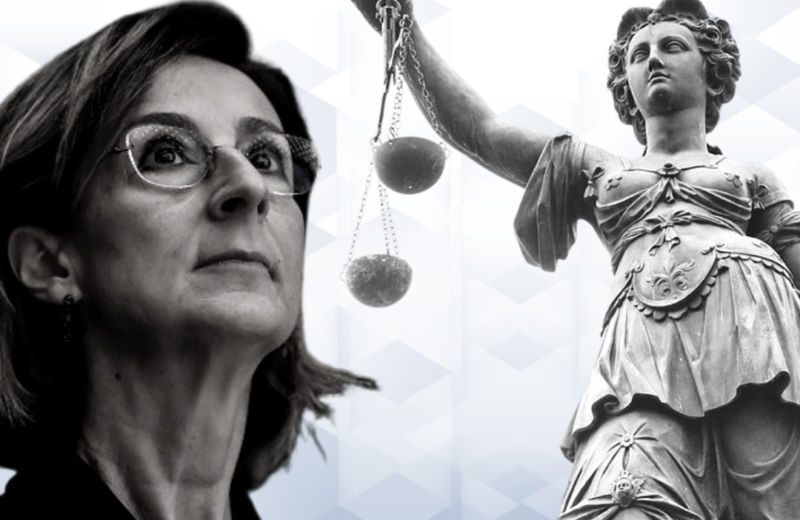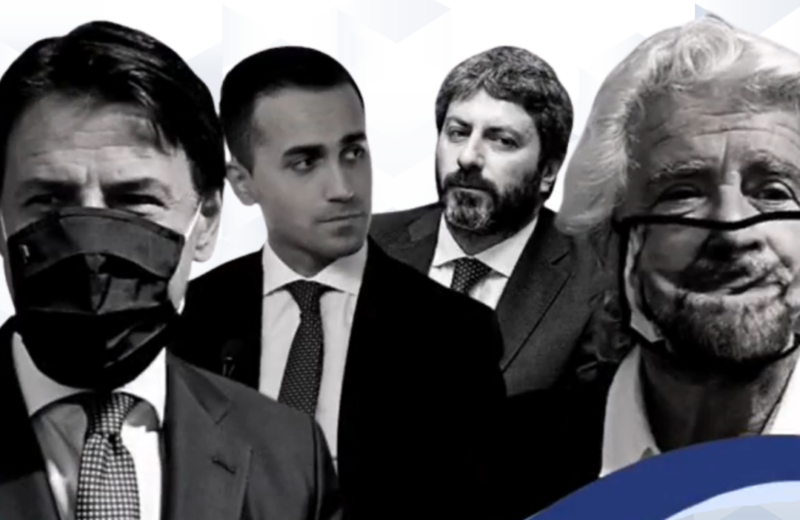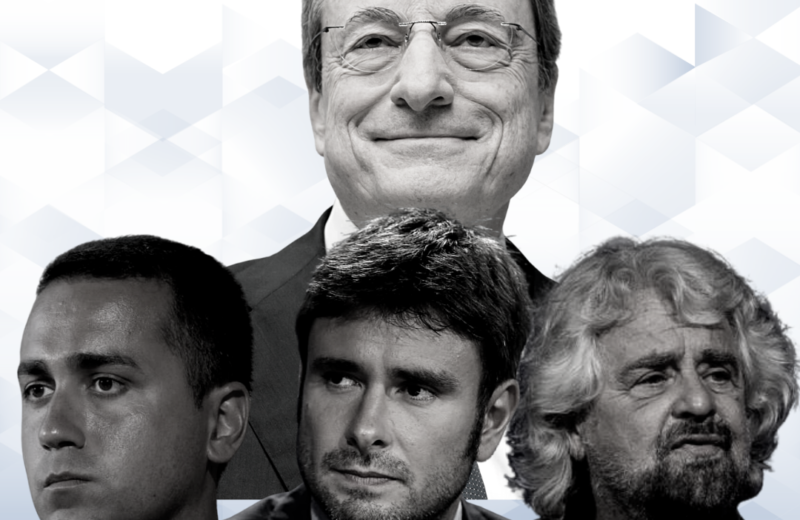The return of “bipolar” politics
Actually, as Christopher Caldwell wrote in the New York Times two days ago, Draghi’s fall should not be experienced as a drama, because it marked the return to that democracy that technical governments had obfuscated. And to be fair, in fact, it had somewhat clouded the memory of that dialectical dynamism that we are reviving thanks to this democratic refresh. The election campaign has begun in medias res and promises to animate a hot August. The cutting of parliamentarians, on the one hand, the electoral law, on the other, plus the polls, are outlining a clear return to that bipolarism that since the appearance and rise of 5Stelle had been completely unhinged. But, as many were predicting, in the end the dream was shattered, the metamorphosis from MoVimento to party was completed and, also complicit in the internal rifts, they lost consensus. Even a few days ago The International wrote “nothing remains of their ability to constitute a third pole, to create enthusiasm among voters, to disrupt the games of Italian politics. They will send a small delegation of deputies and senators to Rome, nothing more”.
The electoral contest will be played out between the two poles, center-right and center-left, as in the “old days”. The chessboard is shaping up. The center-right has unified and coalesced under the aegis of Giorgia Meloni, who has succeeded in hypothesizing leadership over her allies (who have also been joined by Toti’s centrists) in case of victory. Her party is in great health, enjoys a broad consensus accumulated over many years of opposition and especially since May 1 has begun a rapid process of transformation, beginning to speak and reason as a party of government. Even accusations of “pro-fascism” now seem rhetorical. Better to strike at the flanks, at the most fragile links in the coalition: the Lega and Forza Italia. Like a bomb, in fact, came the media investigation in episodes about compromising contacts between the Carroccio and Russia, first, and China, then, to condition the fate and positions of the Draghi government. Between accusations and denials, pending the appropriate clarifications, the fuss has provided a useful propaganda assist to the center-left led by Letta, grappling with the construction of a front that rather than a “wide field” seems to resemble a kind of “Panhellenic League” to defeat a dangerous and threatening common opponent.
The specter of victory is revealing not only a return to bipolar equilibrium. But also an attitudinal bipolarity of leaders, who in the game of alliances are showing themselves willing to reconsiderations that only a few months ago would have seemed surreal: Letta and Renzi returning to dialogue, as well as Calenda winking at the much-criticized Pd; even Conte, between one step forward and two backward, is sniffing the hypothesis of joining the center-left grand coalition. On the other hand, the hard-line Fratelli d’Italia have not hesitated to embark the centrists in the constituencies assigned to them, while some pillars of Forza Italia, such as Brunetta, Gelmini and Carfagna, after years as bishops of the center-right have left the “Knight’s” court and the last two have even switched with Calenda.
A concentration of twists and turns is making this incipit of the election campaign particularly varied and dynamic. But, perhaps too focused on numbers, the parties are giving little weight to ideas at this juncture. The technicalities of recent years, solutions and answers to impending problems have accustomed Italians to a concrete and pragmatic approach, to which, after all, they seemed to have become happily accustomed. And a demonstration was also given by the broad consensus that Conte, first, and Draghi, then, gathered during their governments. The two coalitions, proclamations aside, have not yet begun to talk about programs, about proposals for dealing with the serious crises that will face whoever is called upon to govern the country, from the diplomatic crisis to the food crisis, to the challenges of inflation, tax reform, the NRRP or labor. The Draghi agenda, often exhumed as if it were an cross-programmatic passe-partout, was designed for a technical government that would deliberately not get into issues of political incidence. That is why it will be important for parties now to work on programs as well. The risk is running into that insidious enemy common to both coalitions that could shake the supposedly granitic reliability of the polls: abstentionism.
For further information about this topic:
- What the Right should or shouldn’t do,
on The Watcher Post - The M5S loses 50 parlamentarians, on La Stampa
